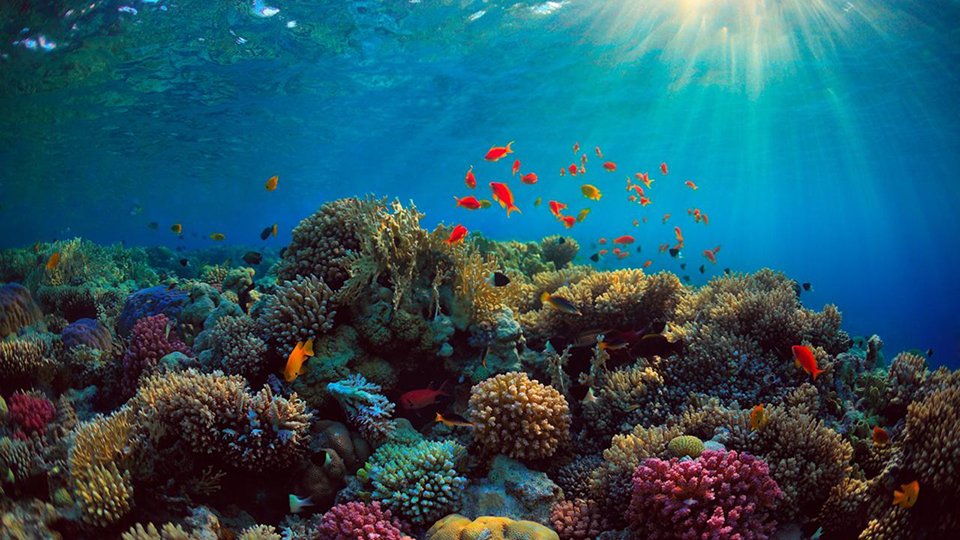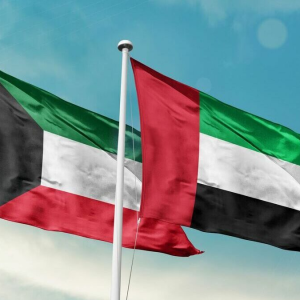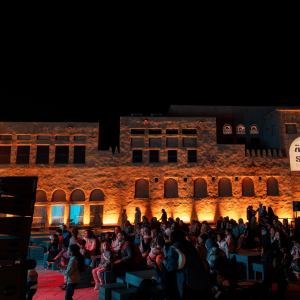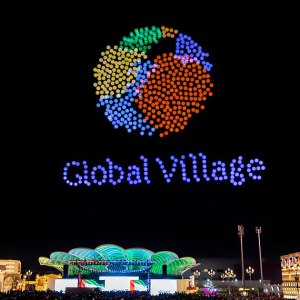Abu Dhabi coral garden is making headlines as the city embarks on a massive marine conservation effort. The plan is to install 40,000 artificial coral reefs off the coast of the UAE. This ambitious move aims to restore damaged marine ecosystems, support sea life, and boost biodiversity in the Arabian Gulf.
The coral garden is not just a science project—it is a symbol of the UAE’s growing commitment to the environment and long-term sustainability.
Why Coral Reefs Are So Important
Coral reefs are often called the “rainforests of the sea.” They provide homes to thousands of marine species, help protect coastlines from erosion, and even support fishing and tourism industries.

But coral reefs around the world are under serious threat from:
- Climate change (rising ocean temperatures)
- Pollution
- Overfishing
- Coastal development
In the Arabian Gulf, where water temperatures can be extreme, coral reefs are especially vulnerable. That’s why the Abu Dhabi coral garden is a crucial step in protecting marine life.

How the Abu Dhabi Coral Garden Works
The project involves placing artificial reef structures made of sustainable materials on the seabed. These structures are designed to mimic natural coral reefs, giving marine creatures a safe place to live, breed, and feed.
Over time, coral will naturally attach to these structures and begin to grow, forming full coral ecosystems. This helps rebuild underwater life without damaging natural coral beds.
The Environment Agency – Abu Dhabi (EAD) is leading the project, working with scientists, marine biologists, and local partners.
Project Goals and Timelines
The coral garden project is part of the UAE’s larger plan to improve natural carbon sinks and protect blue carbon ecosystems—like mangroves, seagrasses, and coral reefs. These ecosystems absorb carbon dioxide from the atmosphere and help fight climate change.
Key goals include:
- Installing 40,000 artificial coral reefs by 2030
- Covering up to 5,500 hectares of marine area
- Supporting the UAE Net Zero 2050 strategy
- Restoring and increasing marine biodiversity
- Creating safe zones for fish breeding and coral growth
Focus on Sustainability and Innovation
The artificial reefs are being built using environmentally friendly materials. Experts ensure that the design supports water flow and allows marine organisms to thrive.
Additionally, advanced underwater mapping and drone technologies are being used to monitor reef health and coral growth. Scientists will track the progress using high-tech equipment, allowing them to adjust plans if needed.
This focus on eco-innovation ensures that the coral garden doesn’t just look good—it works effectively and responsibly.
Local Communities and Tourism to Benefit
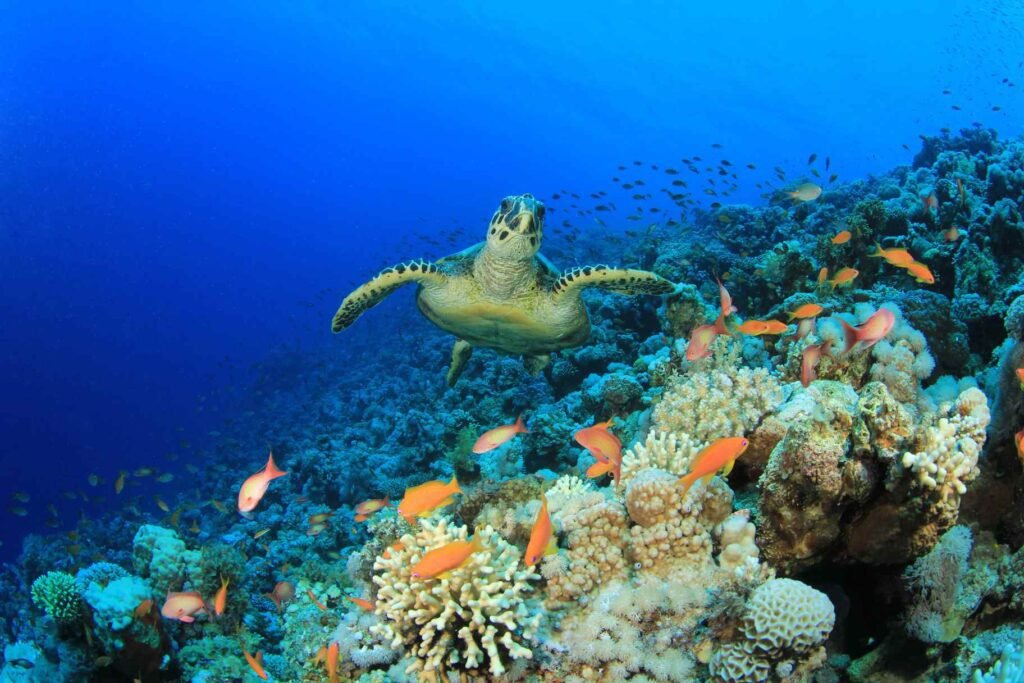
The Abu Dhabi coral garden isn’t just about marine life—it also brings opportunities to local communities, fishing industries, and eco-tourism.
Healthier reefs mean more fish, which benefits fishermen. Plus, vibrant underwater landscapes attract tourists, divers, and marine photographers. This creates a ripple effect on local economies and supports sustainable coastal development.
Educational campaigns and public awareness programs are also being launched to teach residents and visitors about reef conservation.
The Bigger Picture: UAE’s Environmental Vision
The Abu Dhabi coral garden is one part of a bigger puzzle. The UAE is working hard to protect its land and sea in preparation for a more sustainable future.
Other related efforts include:
- Planting 100 million mangroves by 2030
- Creating marine protected areas
- Reducing single-use plastics
- Supporting clean energy like solar and hydrogen
Through these combined projects, the UAE hopes to become a global leader in climate action and ocean conservation.
Challenges and the Road Ahead
Of course, building a coral garden of this size comes with challenges. Coral takes time to grow, and it can be sensitive to environmental changes. The success of the project depends on:
- Long-term maintenance
- Careful monitoring
- Community support
- Climate stability
But with strong planning, the backing of science, and government leadership, the Abu Dhabi coral garden stands a good chance of succeeding.
The Environment Agency is also preparing regular reports to track coral recovery and share results with international researchers.
A Step Toward a Healthier Ocean

The Abu Dhabi coral garden is more than just a local project—it is a global example of what cities can do to protect nature. As climate change continues to affect oceans worldwide, projects like this show how innovation, science, and dedication can make a real difference.
If successful, this model could inspire other countries to follow a similar path, using artificial reefs and sustainable practices to rebuild and protect ocean life.
What This Means for the Future
In the years ahead, Abu Dhabi’s coastal waters could look very different—with flourishing reefs, abundant fish, and healthier ocean systems.
This initiative sends a clear message: marine conservation is not a choice, it’s a responsibility.
With a focus on innovation, science, and nature-based solutions, the Abu Dhabi coral garden offers hope for a brighter, bluer future.
Read More: UAE Weather Alert: Dense Fog and Rising Heat Grip the Country

